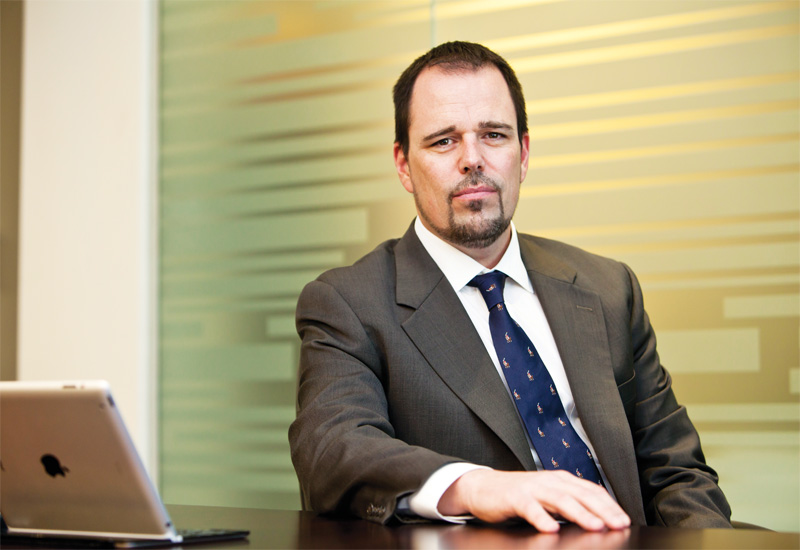Dubai Convention Bureau will celebrate its 10th anniversary in February, and its director Jerad Bachar tells Hotelier why there hasn’t been a better time for hotels to sit up and take notice of MICE
One positive outcome of the 2008 financial crisis was that hotel companies “started taking notice” of the importance of meetings, incentives, conferences and events (MICE) tourism, says Jerad Bachar, director of the Dubai Convention Bureau.
“When times are good, the MICE industry is not desirable, but when it’s bad, everyone knocks on the door of the MICE organisers. And they are very aware of that,” Bachar explains.

| Advertisement |
“They know when it’s a seller’s market, they’re at a disadvantage; when it’s a buyer’s market, they’re king of the hill. So hotel companies here have realised not to ignore the MICE segment when times are good, but that it has to be part of a long-term sustainable strategy.”
More than anyone, Bachar understands the relationship between conventions, organisers and hotels — he began his career in North America, finally joining Marriott, where he was director of sales in Pittsburgh Pennsylvania.
From this position, he was head hunted by the city to become its national sales director for the Greater Pittsburgh Convention & Visitors Bureau. In March 2008 he headed East to join the Dubai Convention Bureau and has since worked to enhance the emirate’s MICE offering.
Partnerships
A year after Bachar’s appointment, Dubai Convention Bureau introduced the Dubai Bid Alliance.
Under this formalised partnership with the Dubai World Trade Centre, Emirates Airline and 52 of the city’s hotels, they visit destinations and pitch for large congresses and conventions to come to Dubai.
“The hotels are always present on our sales missions and exhibitions. We also have study missions bringing clients in — they’re willing to host them, and they are very strong partners of ours,” he says.
In 2011, 34 international association meetings were held in Dubai, with business leads and conversion rates up over a third.
Later this year, it is hosting the Conference on International Telecommunications, the Global Standards Symposium and The World Telecommunication Standardization Assembly, all within a three-week period, and with the total number of delegates expected to exceed 11,000.
Next year, an event for Sibos — the organisation which controls SWIFT codes for financial transactions — is already booked for Dubai.
“That’s an 8000 person congress that will really impact the destination, and we plan to keep them here on a more permanent basis,” Bachar says. However, he adds that it has just lost a nuclear convention to Abu Dhabi, simply because of the nuclear plant being built there, and congresses go where their related businesses are.
“It’s the same when you look at any other region where they have similar sized cities and similar caches — New York and Washington DC. Just because New York is holding really large scale congresses, that doesn’t mean that Washington DC can’t as well” he adds.
“From a Middle East standpoint, we need to continue to build the reputation of the region. One of the biggest perception problems we have is that we’re sitting in the middle of an area that has experienced a lot of changes in the past two to three years, so I think destinations need to work together to promote the region,” explains Bachar.
“There’s no reason why Doha, Dubai, Abu Dhabi, Muscat and some of the other cities in this area that are aggressively going after this market couldn’t collaborate more to help increase the profile of the region.
“I think that in every destination, what they need to do is figure out what its strengths are and what business sectors they’re successful in,” he says. “There are around 13,000 international business congresses that rotate around the world — out of those, which are the ones most likely to come to your destination? That’s what we do – we focus on the events that have the highest probability of booking.”
Article continues on next page ...









 Search our database of more than 2,700 industry companies
Search our database of more than 2,700 industry companies









